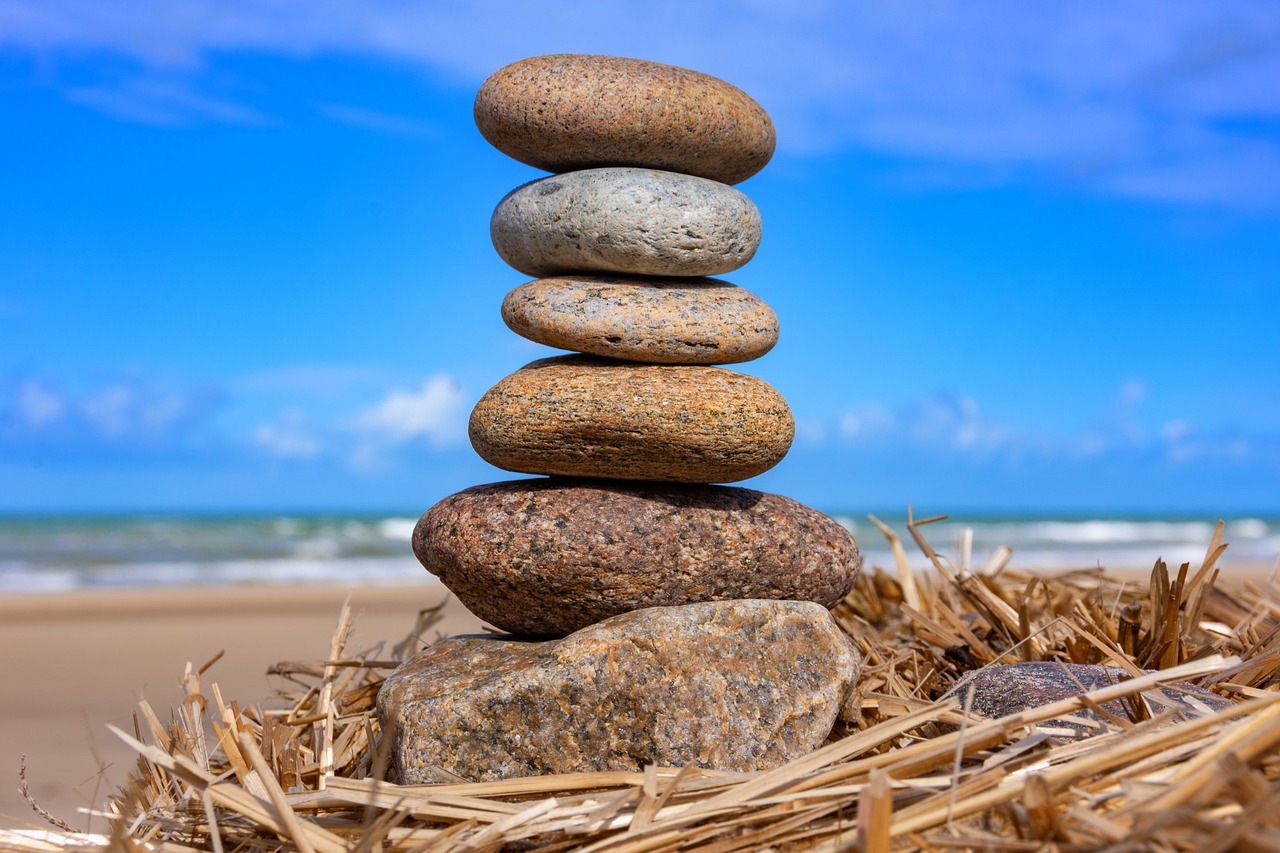Denmark Video
Coping with Power Outages: Being Prepared in Denmark
Denmark is a country known for its high quality of life and efficient infrastructure. However, like any other place, power outages can occur due to various reasons such as severe weather conditions, equipment failures, or maintenance work. Being prepared for such situations is essential to ensure your safety and minimize inconveniences. In this article, we will discuss how to cope with power outages in Denmark and provide you with valuable information to help you be prepared.
Understanding Power Outages
Power outages can be disruptive and pose challenges for individuals, households, and businesses. It is important to understand the causes and duration of power outages to effectively cope with them. In Denmark, power outages can occur due to storms, lightning strikes, heavy snowfall, or equipment failures. The duration of an outage can vary depending on the cause and the efforts of the electricity provider to restore power.
- Severe weather conditions: Storms, lightning strikes, and heavy snowfall can cause power outages in Denmark. These natural events can damage power lines, transformers, and other electrical infrastructure.
- Equipment failures: Power outages can also occur due to equipment failures in the electrical grid. These failures can be caused by aging infrastructure, faults in the transmission system, or issues in the distribution network.
- Maintenance work: Planned maintenance work by the electricity provider may result in temporary power outages. These outages are usually communicated in advance to minimize inconvenience.
When severe weather is forecasted, it is advisable to stay updated with weather alerts and warnings. Keep a battery-powered radio or a mobile phone with internet access to stay informed about the situation. Secure any outdoor objects that could become projectiles during strong winds.
In such cases, it is important to report the outage to the electricity provider as soon as possible. They will dispatch technicians to assess and resolve the issue. Keep emergency contact numbers of your electricity provider handy.
If you receive a notice about planned maintenance work, make necessary arrangements such as charging your devices, storing perishable food properly, and having alternative lighting sources available.
Preparing for Power Outages
Being prepared for a power outage can greatly reduce the impact it has on your daily life. Here are some important steps to take in order to be prepared for power outages in Denmark:
- Create an emergency kit: Assemble an emergency kit that includes essential supplies such as flashlights, batteries, a battery-powered radio, a first aid kit, non-perishable food, bottled water, and a manual can opener. Keep the kit in an easily accessible location.
- Backup power source: Consider investing in a backup power source, such as a generator or uninterruptible power supply (UPS). These can provide temporary power during an outage and keep essential appliances running.
- Alternative lighting: Have alternative lighting options available, such as battery-powered lanterns, candles, and matches. Avoid using open flames for lighting to prevent fire hazards.
- Food and water: Store an adequate supply of non-perishable food items and bottled water that can last for several days. Make sure to regularly check the expiration dates and rotate the supplies to keep them fresh.
- Communication: Keep your mobile phone fully charged and have a backup power bank available. In case of a power outage, conserve battery life by minimizing non-essential phone usage.
- Stay updated: Stay informed about the progress of power restoration efforts by listening to battery-powered radios, checking official websites or social media accounts of your electricity provider, and following local news updates.
Having an emergency kit ready ensures that you have the necessary supplies to sustain yourself and your family during a power outage. Check and refresh the supplies in the kit regularly.
Make sure to follow safety guidelines when using backup power sources. Generators should be placed outside to avoid carbon monoxide buildup, and UPS systems should be properly connected to the necessary equipment.
Place alternative light sources in easily accessible areas of your home. Teach family members how to use them safely, especially children.
During a power outage, avoid opening the refrigerator or freezer unnecessarily to preserve the cold temperature inside. Consume perishable food items first to minimize waste.
Inform your family, friends, or neighbors about the power outage to ensure their safety and coordinate any necessary assistance. Consider using alternative communication methods, such as text messages, to conserve battery power.
Knowing the estimated duration of the outage can help you plan your activities and make necessary arrangements. Follow any instructions or guidelines provided by the authorities.
During a Power Outage
When a power outage occurs, it is important to stay calm and follow these guidelines to ensure your safety:
- Check your circuit breakers: Before assuming it is a widespread outage, check your circuit breakers to ensure they are not the cause of the power loss. Reset any tripped breakers and check if the power is restored.
- Avoid unnecessary power usage: Turn off or unplug any non-essential electrical devices to reduce the load on the electrical system when the power is restored.
- Preserve heat in winter: If the power outage occurs during colder months, close doors and windows to retain heat inside your home. Use blankets, layers of clothing, and gather in one room to conserve warmth.
- Food safety: Keep the refrigerator and freezer doors closed as much as possible to maintain the cold temperature inside. A full freezer can keep food frozen for about 48 hours, while a partially filled freezer can keep food frozen for about 24 hours.
- Use caution with candles: If you decide to use candles for lighting, ensure they are placed on stable surfaces and away from flammable materials. Never leave candles unattended and extinguish them before going to sleep.
- Be cautious with generators: If you are using a generator, follow the manufacturer’s instructions for safe operation. Place the generator outdoors in a well-ventilated area and away from doors, windows, and vents.
If the circuit breakers appear to be functioning properly and the power remains out, it is likely a wider outage. Contact your electricity provider to report the outage.
This can help prevent power surges and ensure a smoother restoration process. Only use electrical devices that are necessary for your safety and well-being.
Avoid using outdoor heating sources indoors, as they can produce dangerous levels of carbon monoxide. If you have a fireplace or wood-burning stove, ensure proper ventilation and follow safety guidelines.
If the outage is expected to last longer, consider transferring perishable food items to a cooler with ice. Discard any food that has been at unsafe temperatures for an extended period.
Candles can pose fire hazards if not used safely. Consider using battery-powered lanterns or LED lights as alternative sources of lighting.
Generators emit carbon monoxide, which is a silent and odorless killer. Ensure proper ventilation to prevent carbon monoxide buildup and never use a generator indoors or in enclosed spaces.
After the Power is Restored
Once the power is restored, there are a few important steps to take:
- Check your appliances: Before using any electrical appliances, ensure they were turned off during the outage. This can help prevent power surges and damage to the appliances.
- Restock emergency supplies: Replenish any supplies used during the power outage, such as batteries, non-perishable food, and bottled water. Keep your emergency kit ready for future use.
- Report any damage: If you experienced any damage to your property or electrical infrastructure during the power outage, report it to your electricity provider. They can assess the situation and take necessary actions.
If you notice any unusual behavior or damage to your appliances, contact a qualified technician for inspection and repair.
Regularly check the expiration dates of the supplies in your emergency kit and replace them as needed.
Provide accurate information about the extent of the damage and any safety concerns you may have.
References
– Danish Energy Agency: www.ens.dk
– Danish Emergency Management Agency: www.brs.dk
– Danish Meteorological Institute: www.dmi.dk
– Danish Red Cross: www.rodekors.dk
Denmark Image 1:

Denmark Image 2:

Denmark Image 3:



